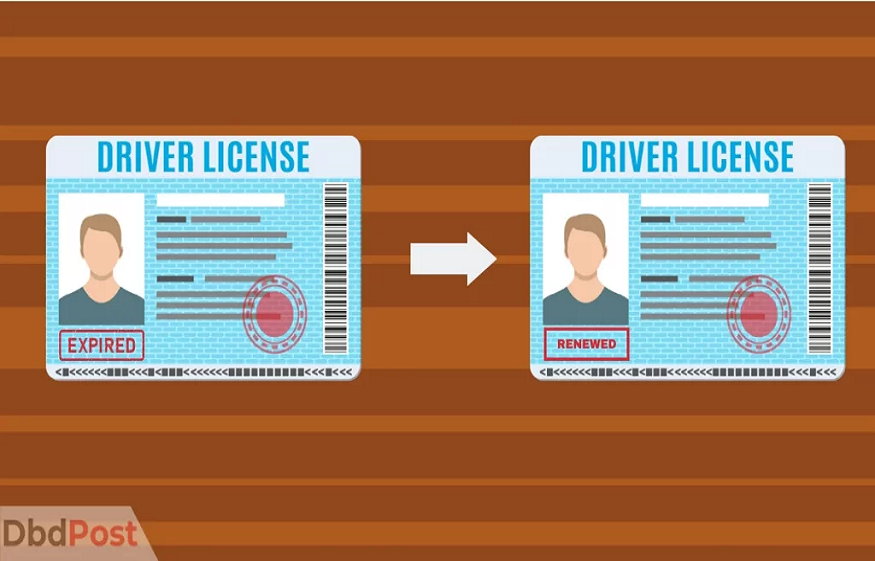A Category C driving licence opens doors to a range of driving opportunities, particularly for those in logistics, construction, and related industries. Designed for those operating heavy vehicles, this licence allows drivers to legally handle specific categories of vehicles essential for transporting heavy loads. Here’s a detailed look at what a Category C licence enables you to drive, the associated legal requirements, and real-life scenarios where this licence proves invaluable.
Vehicles Covered Under a Category C Licence
Rigid Vehicles
With a Category C licence, you can operate rigid vehicles with a maximum authorised mass (MAM) exceeding 3.5 tonnes. These types of vehicles are constructed as a single unit, meaning that the cargo area and the driver’s cabin are fixed to the same framework. Common examples include waste collection trucks or large delivery vans used in logistics. Before operating, make sure the vehicle falls under MAM regulations and adheres to axle-specific limits to ensure compliance.
Large Goods Vehicles (LGVs)
Large goods vehicles are also within the scope of a Category C licence. LGVs are primarily used for transporting freight and materials over longer distances or for significant volumes. These vehicles often come with specialised road restrictions, such as access limitations in urban zones or restrictions on certain weight categories. Drivers must be mindful of these rules when transporting goods.
Trucks Over 3.5 Tonnes
A Category C licence is also a necessity for trucks weighing over 3.5 tonnes. These trucks, typically used in industries like construction, logistics, and furniture removals, require consistent maintenance checks for safety. Ensuring that the vehicle is roadworthy and complies with legal standards is a critical responsibility for any Category C driver.
Legal Requirements and Restrictions
Obtaining and using a Category C licence involves a set of legal obligations every driver must follow. Beyond adhering to the vehicle-specific requirements outlined above, drivers need to comply with speed limits designated for heavy vehicles and guidelines regulating maximum permissible loads. Overloading your vehicle can not only incur penalties but also endanger road safety.
Another important aspect is the requirement for periodic Certificate of Professional Competence (CPC) training. This is mandatory for professional drivers of Category C vehicles who are actively engaged in transport-related work. CPC ensures skill upkeep and adherence to safety protocols for road users and the vehicle’s cargo.
Practical Applications for a Category C Licence
Delivery Services
One common use of a Category C licence is for professional delivery drivers. For instance, those who operate large rigid vehicles to distribute goods to retailers or warehouses rely on this qualification to manage daily deliveries efficiently.
Construction Work
Construction professionals often drive tipper trucks to transport materials such as gravel, sand, and concrete within a construction site. Vehicles of this type require a Category C licence due to their weight and functionality, particularly when moving loads between locations.
Removal Services
Removal businesses, whether handling residential or commercial property, depend on large goods vehicles to transport furniture and office equipment. A driver with a Category C licence is crucial for such tasks, given the heavy and bulky nature of the items being transported.
Event Logistics
For those involved in organising large-scale events, the Category C licence proves useful for driving trucks carrying staging, lighting, and other essential equipment. These vehicles play a critical role in making large events run smoothly.
Closing Thoughts
A Category C licence is an essential asset for those looking to drive heavy vehicles in industries ranging from logistics to construction. By understanding the scope of vehicles you can operate and staying compliant with the legal obligations involved, drivers can pave the way for a rewarding career. Whether you’re delivering goods, moving building materials, or providing event support, a Category C licence equips you with the legal eligibility and skills required to drive some of the most vital vehicles on the road today.









